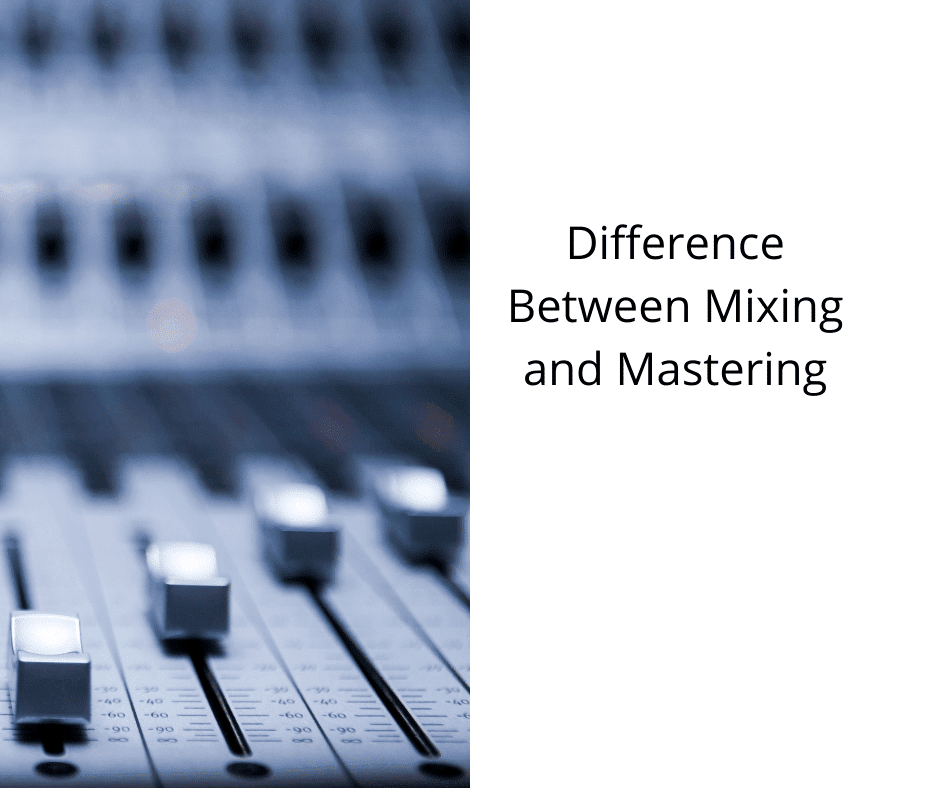You’re here because you don’t know how to make beats. This article will cover the basics of music theory, instruments and software, and techniques to improve your beats. Once you have this down, it will be easy to create your own beats that will grab your listeners’ attention.
Basics of Music Theory
Anyone who wants to create their own beats must be familiar with the basics of music theory. The software you use is not as important as the knowledge you gain from learning the basics of music theory. Knowledge is power! Read on to learn about the different aspects of music theory for beat making.
Chords are the foundation of music. They provide the foundation for melody and evoke emotional responses. Triads are the most popular chords. They have a root, a third and a perfect fifth. These chords are often used in electronic music and hip hop. There are many chords that can be played on the piano, but the most popular are the triads.
Music theory also teaches about beats and bars. To make beats, one must understand the basics of rhythm. Understanding the concept of beats and bars will give you a framework to analyze music. A track will usually be divided into sections with eight to sixteen bars. However, you can find longer breakdowns with 24 or 32 bars.
Although it might seem daunting, understanding the basics of music theory can be easy. It will allow you to have more control over the sounds that you create and give your music the tools it needs.
Techniques to Improve Your Beats
There are some techniques that can be used to make beats sound better if you don’t have music theory. These include using higher quality samples, one-shots, and sound fonts. To control the sounds, you can use synthesizers or keyboards.
Using odd time signatures can also help make your beats sound better. A 7/8 is the easiest to create. It is created by shortening a 4/4 by one eighth note. Most producers will complain that this sounds wrong, but it’s a simple solution that’ll give your beats a unique sound.
A key step to making beats sound better is creating fullness. This involves utilizing effects like reverbs and delays to give your songs a richer sound. However, be careful not to overdo it; it will simply turn off listeners. Another option is to create custom fills. These fills can be added to vocals or before.
Another technique that can help you make better beats is learning about the different types of beats. It is important to distinguish between a strong and weak beat. If your beat is all-down, it will be boring. By studying music theory, you’ll learn about the different types of beats and how to distinguish them. An intense beat has four beats per measure, and a weak one has three. When it comes to strength, the first beat is the strongest. The second beat is the weakest. Remember that the eighth beat is stronger than the sixteenth note.
Instruments
You might wonder, “How can I make beats with no music theory?” To make a good beat, you don’t need to have a degree in music. However, if you’re looking to develop your beat-making skills, you should know about some music theory basics. These fundamentals are crucial in the art and craft of making beats, and can be very helpful.
First, you need to know the frequency ranges of different instruments. This is important as you don’t want to overpower the beat. Your beat should be as open as possible. It shouldn’t be too dense, and you should be able hear the vocalist.
Next, you need to learn about the music and style of the artist that interests you. For this, try to learn as much as you can about the genre. Understanding the music you love will help you create great music. If you are a hip hop fan, you can learn the primary rhythms and melodies.
Digital audio workstations (DAWs), are great for creating beats. You can arrange and loop pre-made tracks. You can even get sample packs with some of them.
Selecting a Genre
It is important to pick a genre when making beats. This will help you choose sounds and instruments. Each genre has its rhythm and structure. For example, house music uses 909 sounds and four-on-the-floor kicks, while drum and bass use breakbeat samples and typically clocks in between 130 and 140 BPM.
You can also use samples from existing tracks in your beats. This is an excellent way of improving your musical vocabulary and understanding the music of others. Most modern DAWs are designed to make writing beats easy. They also feature MIDI roll and loops. It is essential to know what you want from your beats and which genres you are most interested in before you start.
Software
Many good software programs can help you create beats without the need for music theory. These programs are digital audio workstations (DAWs), which allow you to create electronic tracks. While professional-level DAWs can be expensive, there are free programs for beginners. The software you choose will depend on your goals, comfort level, and what genre you are creating.
If you want to make beats without music theory, there are many free options available for you to choose from. If you’re looking to experiment, GarageBand is a great choice. If you want a more professional-sounding program, you can also try Cubase, Pro Tools or FL Studio. These programs have many preset sounds and features that can help you get started quickly.
Another option is Reason Plus. The program is simple to use and includes a tutorial for beginners. It does have some glitches, such as the Zoom feature. This can slow down your workflow. Some users do not like the interface. Despite this, it offers a lot of features, including an easy-to-use grain sampler.
Although music theory is not necessary to create beats, it is important to know the basics of rhythm. It will also give you a better understanding of other artists and tracks. Using modern DAWs, you’ll find it easier to write beats than ever. Some beat-making software includes features such as loops and MIDI rolls. It is crucial to know what you want and understand the genres you are interested in before you can make a beat.
Use a Digital Audio Workstation
A digital audio workstation is an excellent option for anyone who has always wanted to create beats but doesn’t know much about music theory. This powerful piece allows you to create music without needing to learn a lot about music theory. It works by allowing you to input midi files and edit the notes using a piano roll. The piano roll represents the “natural notes” of scales such as C, D E, F and A.
A DAW (digital audio workstation) is a central software application that allows you to record and mix music. It can sequence sounds, mix, master your songs, and even record vocals. FL Studio, Pro Tools, and Abelton Live are all popular DAWs. There are even beat-making apps for smartphones or browser-based DAWs..
Making beats is not an easy task. You need to practice and develop your skills. You will improve your skills the more you practice. However, don’t expect to make great music overnight. It takes time, patience, and a great deal of practice.










